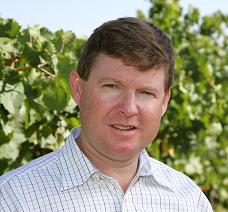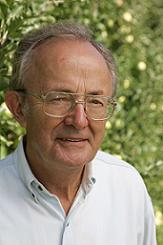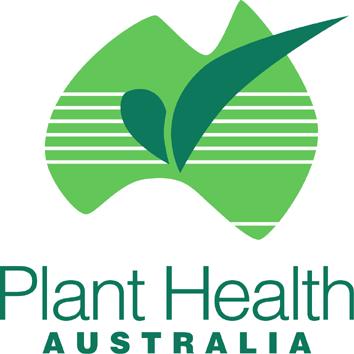Public
Meeting Parliament
On 16 and 17 March, the CRC's Climate Change Project Leader, Dr Jo Luck represented the CRC at the annual Federation of Scientific Technological Societies (FASTS) ‘Science meets Parliament 2009' (SmP) event at Parliament House in Canberra.
SmP brings up to 200 scientists from all over the country for face-to-face meetings and forums with Parliamentarians. This opportunity allows scientists to witness national decision making, and to inform this process on important scientific issues.
The symposium afforded me the opportunity to meet biological control specialists who use inundative releases of Hymenoptera parasitoids for fruit fly management, including Professor Russell Messing and members of his lab. Professor Messing is a collaborator on the CRCNPB project and is based in Hawaii, where I will visit in June.
TRAVEL DETAILS
REYNOLDSO
When: February 2009
Location: Christchurch, New Zealand
Summary:
Dr Olivia Kvedaras recently attended the Third International Symposium on the Biological Control of Arthropods.
LOCATION
| ||||
Award for farm biosecurity

The 2009 Australian Rural & Outback Awards was launched last Thursday in Canberra. This is the inaugural year for the Australian Rural & Outback Awards, developed to recognise the incredible achievements of people and their communities across rural and remote Australia.
2009 Grains Industry Forum
Like all other sectors the grains industry is battling to come to terms with a world, seemingly, in a constant state of change, offering new challenges - but also new opportunities.
I recently attended the 2009 Grains Industry Leaders Summit where industry representatives highlighted the need to work together to gain resolutions for a more sustainable future. The summit was organised by the Grains Council of Australia (GCA), and was held in Sydney on 31 March with more than 90 attendees present. The summit focused on three critical issues:
We participated in the ‘Search and Detection: Theory and application in disease and wildlife management' conference, hosted by Landcare Research at Victoria University in Wellington, New Zealand, from Nov 10 - 11, 2008. Other conference collaborators included the Australian Biosecurity CRC for Emerging Infectious Disease, Australian Wildlife Management Society, Invasive Animals CRC, and the New Zealand Ecological Society.
TRAVEL DETAILS
WHITTLEP
When: November 2008
Location: Wellington, New Zealand
Summary:
Dr Peter Whittle and Frith Jarrad presented a paper titled ‘Biosecurity surveillance design: detecting non-indigenous vertebrate introductions using risk and power' at a conference in New Zealand.
LOCATION
We participated in the Australasian Wildlife Management Society 21st Annual Conference: Human Impacts on Wildlife in Fremantle, WA, from November 24 to 27, 2008. Conference collaborators included the Invasive Animals CRC, Department of Agriculture and Food, Eco Gene, Department of Conservation and Environment, Alcoa, and Landcare Research. The conference consisted of 4 days of presentations on relevant study areas, including multiple symposiums on ‘Invasive species' and keynote speeches in the areas of ‘management of invasive species' and ‘invasive animals'.
TRAVEL DETAILS
JarradF
When: November 2008
Location: Fremantle, Western Australia
Summary:
Frith Jarrad and Justine Murray presented a paper titled 'Biosecurity surveillance design using risk and power: A case study of the Black rat (Rattus rattus)' at the Australasian Wildlife Management Society 21st Annual Conference: Human Impacts on Wildlife.
LOCATION
Where's our brand been?
In the December edition of The Leaflet, we announced an inter-CRC competition to see which CRC could have its brand photographed in the most exotic and interesting location.
The initial response to the competition was great and I am hoping those who showed interest are still off soaking up the sun in some wonderful and exotic location, and will send through some amazing pictures soon.
| ||||
Pathfinders: The Innovators Conference

Investing in science and innovation is crucial for Australia to stay competitive in an increasingly knowledge-based global economy. Cooperative Research Centres (CRCs) help to ensure that Australia remains internationally competitive, with Australian industry benefiting from smarter, faster and more reliable products, technologies and processes.









